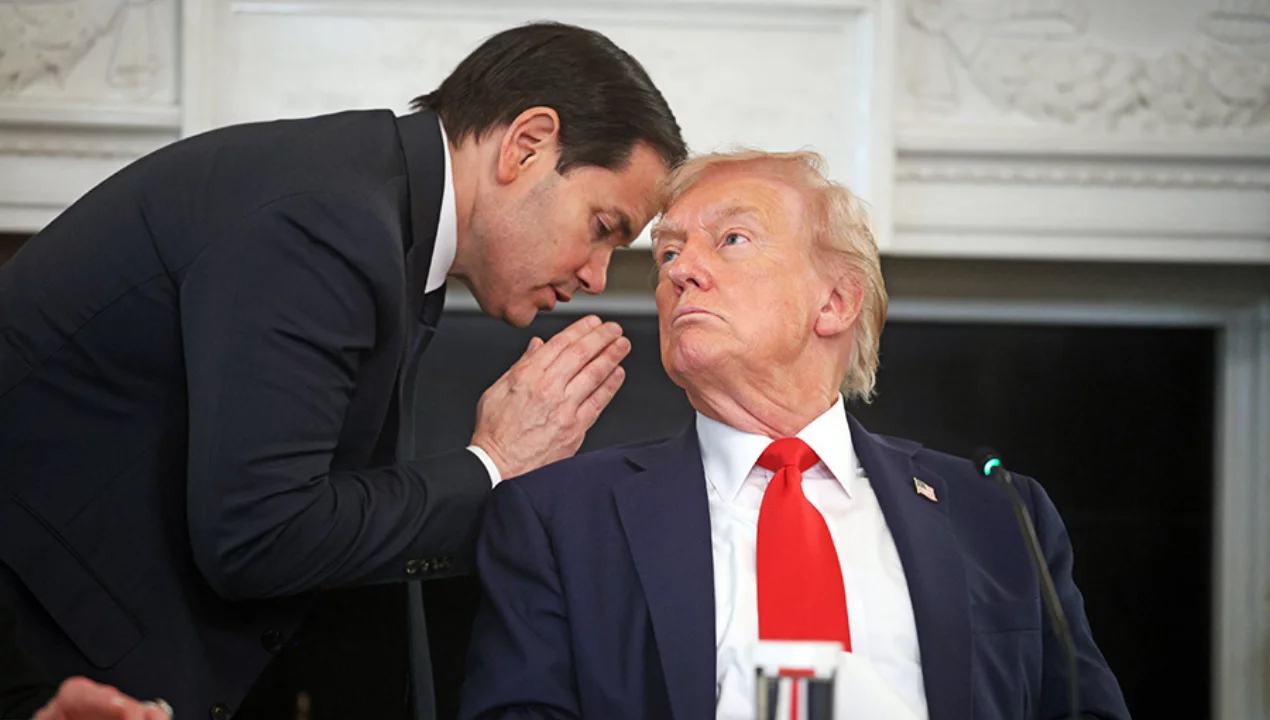Marco Rubio sharply changed the US policy towards Russia

The White House's political orientation towards Russia is on the verge of a radical change. According to Bloomberg, the main reason for this change was Secretary of State Marco Rubio. His firm position and conclusions after the dialogue with Moscow determined Washington's new course.
According to the agency's sources, Rubio spoke by phone with Russian Foreign Minister Sergey Lavrov and realized that the Kremlin was again trying to prolong peace talks. For this reason, he refused the planned face-to-face meeting and advised President Donald Trump to take harsh measures against Russia.
Trump supported this recommendation. He canceled the planned summit with Vladimir Putin in Budapest and imposed the first sanctions during his second presidency. According to the president, "it was time to take such measures."
"Every time I communicate with Vladimir, we seem to talk well, but these conversations lead to nothing," Trump said in front of reporters.
According to Bloomberg, Russia presented the American side with a draft peace terms on Ukraine, but this document largely replicated Moscow's existing positions. In it, the Russian side demanded even more land from Ukrainian territories, which caused strong discontent among the US administration.
After the last phone call between Putin and Trump, Moscow thought that Washington had agreed to cede part of Donbas to Russia. However, after the meeting with Volodymyr Zelenskyy, Trump clearly expressed his position - he advocated for a ceasefire only on the current front line. The Kremlin rejected this proposal on the eve of the Alaska summit.
At the same time, Marco Rubio did not completely close diplomatic ties with Moscow. In his speech, he emphasized that the US is always open to cooperation if there is a possibility of peace. "For several months, the president has been saying that if there is no peace, we will have to take measures. That's what he did today," Rubio said.
On October 22, the US administration imposed sanctions on major Russian oil companies. Rosneft and Lukoil were added to the blacklist.
Experts believe this could be the beginning of increased political pressure from Washington on Moscow.
Read “Zamin” on Telegram!





















